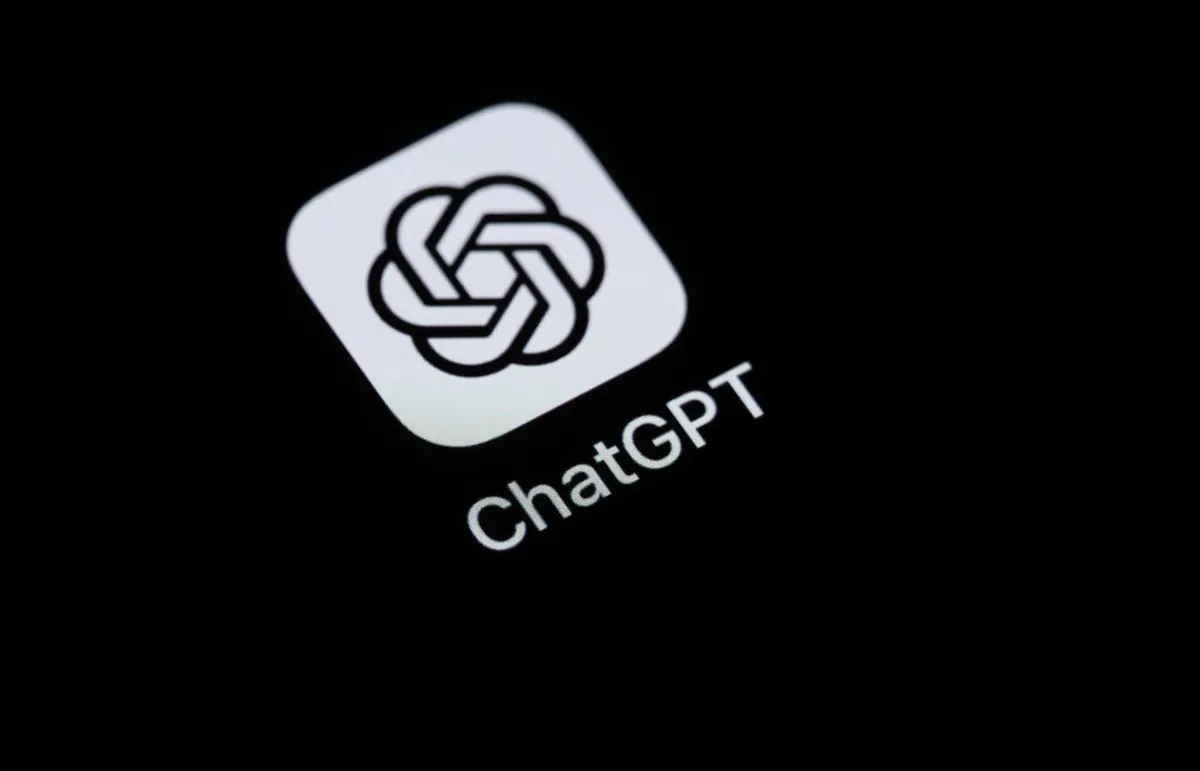
OpenAI has announced that it will retire GPT-4, the advanced AI model it launched over two years ago, from its popular platform, ChatGPT. This significant change will take effect on April 30, when GPT-4 will be “fully replaced” by the upgraded model known as GPT-4o, which is currently the default in ChatGPT.
According to a changelog released by OpenAI, the new model, GPT-4o, consistently outperforms GPT-4 in various tasks, including writing, coding, and STEM applications. OpenAI emphasized that recent enhancements have significantly improved GPT-4o’s capabilities in instruction following, problem solving, and conversational flow, making it a natural and superior successor to GPT-4.
Initially rolled out in March 2023, GPT-4 was designed for use in ChatGPT and also integrated into Microsoft’s Copilot chatbot on the web. Notably, several versions of GPT-4 featured multimodal capabilities, allowing them to understand both images and text. This marked a significant milestone as it was the first widely deployed model from OpenAI with such features.
OpenAI CEO Sam Altman has previously stated that GPT-4 is a vast model that required an investment of over $100 million to train. Following its release, GPT-4 was succeeded by GPT-4 Turbo in November 2023, which is noted for being faster and more cost-effective.
GPT-4 is currently at the center of ongoing copyright disputes between OpenAI and various publishers, including The New York Times. These publishers allege that OpenAI utilized their data to train GPT-4 without obtaining proper permissions. In response, OpenAI argues that the fair use doctrine provides legal protection against these claims, asserting that their practices are compliant with copyright laws.
As the transition to GPT-4o unfolds, users can expect enhanced performance and capabilities, reflecting OpenAI's commitment to advancing AI technology while navigating the complexities of copyright and usage rights.